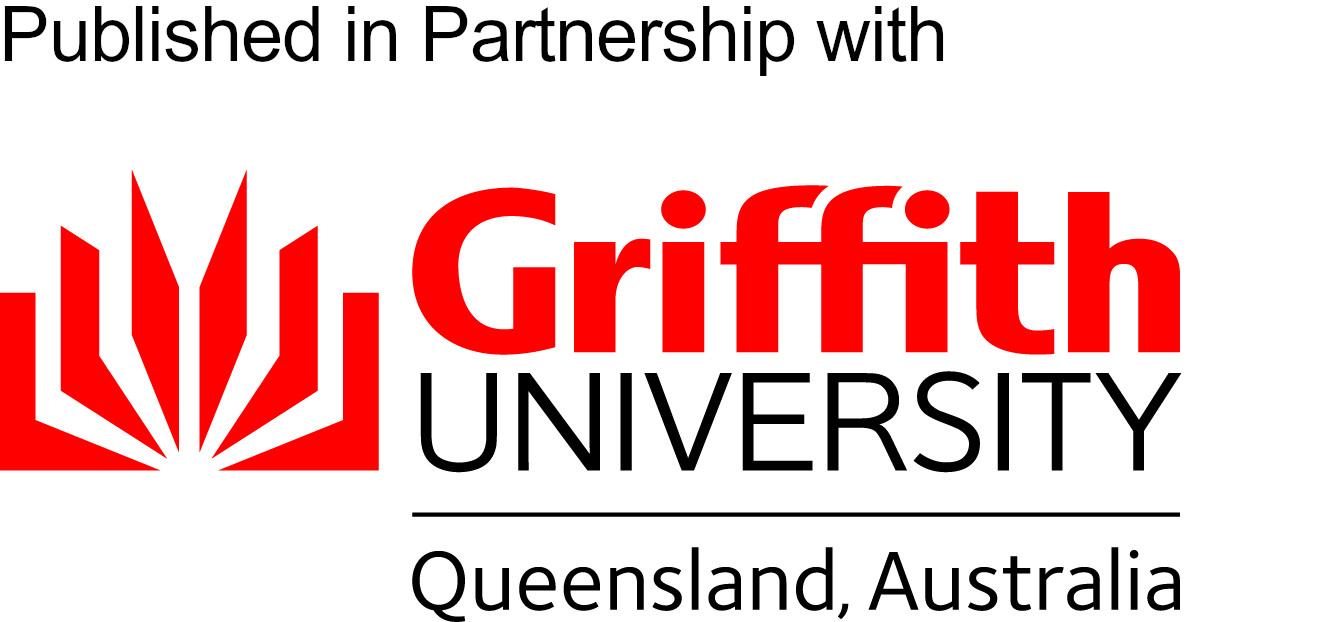Modelling the economic impacts of a large event
The case of the Gold Coast 2018 Commonwealth Games
DOI:
https://doi.org/10.1017/qre.2019.13Keywords:
Gold Coast 2018 Commonwealth Games, common modelling techniques, economic impact analysis, ‘crowding out effect’Abstract
This article consolidates the pros and cons of the two common modelling techniques for economic impact analysis: the input–output multiplier and the computable general equilibrium (CGE) technique. The latter is recommended for large event assessment and was used to examine the economic impacts of the Gold Coast 2018 Commonwealth Games. The Games is estimated to have generated approximately A$2.5 billion of gross state product (GSP) to Queensland after netting out the costs incurred. The effect is spread over a period of nine years from pre-Games period of preparation for the Games, through the Games period itself, and then rather significantly in the post-Games period. While benefits accrue to Queensland, the rest of Australia is estimated to lose due to the so-called ‘crowding out effect’.
References
Australian Bureau of Statistics (ABS) 2018. Labour Force Australia, cat. no. 6202.0. Canberra: ABS.
Barget, E. and Gouguet, J.-J. 2010. ‘Hosting mega-sporting events: Which decision-making rule?’ International Journal of Sport Finance 5: 141 62.
Briassoulis, H. 1991. ‘Methodology issues: Tourism input-output analysis’. Annals of Tourism Research 18: 485–95.
Crompton, J. L. 1995. ‘Economic impact of sports facilities and events: Eleven sources of misapplication’. Journal of Sport Management 9: 14–35.
DSpark 2018. Commonwealth Games Mobility Intelligence. Unpublished report submitted to Tourism Research Australia.
Dixon, P. B., Parmenter, B. R., Sutton, J. and Vincent, D. P. 1982. ORANI: A multisectoral model of the Australian economy. Contributions to Economic Analysis 142. Amsterdam: North-Holland.
Dwyer, L., Forsyth, P. and Spurr, R. 2004. ‘Evaluating tourism’s economic effects: New and old approaches’. Tourism Management 25(3): 307–17.
——. (2006). ‘Assessing the economic impacts of events: A computable general equilibrium approach’. Journal of Travel Research 45: 59–66.
Giessecke, J. and Madden, J. 2007. The Sydney Olympics, seven years on: An ex-post dynamic CGE assessment. Melbourne: Centre of Policy Studies, Monash University.
Horridge, M., Madden, and J.Wittwer, G. 2005. ‘The impact of the 2002-03 drought on Australia’. Journal of Policy Modeling 27(3): 285–308.
Leontief, W. W. 1936. ‘Quantitative input and output relations in the economic systems of the United States’. The Review of Economics and Statistics, 18, 105–25.
Li, S., Blake, A. and Cooper, C. 2011. ‘Modelling the economic impact of international tourism on the Chinese economy: A CGE analysis of the Beijing 2008 Olympics’. Tourism Economics 17(2): 279–303. doi: 10.5367/te.2011.0025
Madden, J. R. 2002. ‘The economic consequences of the Sydney Olympics: The CREA/Arthur Andersen Study’. Current Issues in Tourism 5(1): 7–21.
Madden, J. 2006. ‘Economic and fiscal impacts of mega sporting events: A general equilibrium assessment’. Public Finance and Management 6(3): 346–94.
Massiani, J. 2018. ‘Assessing the economic impact of mega events using computable general equilibrium models: Promises and compromises.’ Economic Modelling 75: 1–9.
Matheson, V. 2009. ‘Economic multipliers and mega-event analysis’. International Journal of Sport Finance 4: 63–70.
Meng, S. and Pham, T. 2017. ‘The impact of the Australian carbon tax on the tourism industry’. Tourism Economics 23(3): 506–22.
New South Wales Treasury 1997. ‘The economic impact of the Sydney Olympic Games: A collaborative study by NSW Treasury and the Centre for Regional Economic Analysis, University of Tasmania’. Hobart and Sydney: University of Tasmania and NSW Treasury.
Office of the Commonwealth Games 2018a. The GC2018 Visitor Study: Gold Coast 2018 Commonwealth Games– Evaluation Report. Brisbane: Office of the Commonwealth Games.
——. 2018b. Trade 2018: Gold Coast 2018 Commonwealth Games Trade and Investment Programs– Evaluation Report. Brisbane: Office of the Commonwealth Games.
Pham, T., Jago, L., Spurr, R. and Marshall, J. 2015. ‘The Dutch Disease effects on tourism: The case of Australia’. Tourism Management 46: 610–22.
Pham, T. D., Nghiem, S. and Dwyer, L. 2017. ‘The economic impacts of a changing visa fee for Chinese tourists to Australia’. Tourism Economics 24(1): 109–26.
Pham, T. D., Simmons, D. G. and Spurr, R. 2010. ‘Climate change-induced economic impacts on tourism destinations: The case of Australia’. Journal of Sustainable Tourism 18(3): 449–73.
Pham, T., Xin, J., Naranpanwa, A., Bandaralage, J. and Carmignani, F. 2017. The Economic Impacts of the Gold Coast 2018 Commonwealth Games: A Commissioned Report Submitted to the Office of Commonwealth Games. Brisbane: Queensland Government. Retrieved from https://embracing2018.com/sites/default/files/gc-2018-economic-benefits-griffith-uni-report.pdf.
Taks, M., Green, C., Misener, L. and Chalip, L. 2014. ‘Evaluating sport development outcomes: The case of a medium-sized international sport event’. European Sport Management Quarterly 3, DOI: 10.1080/16184742.2014.882370.





